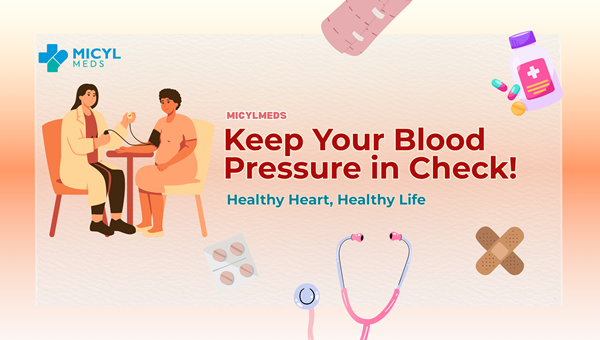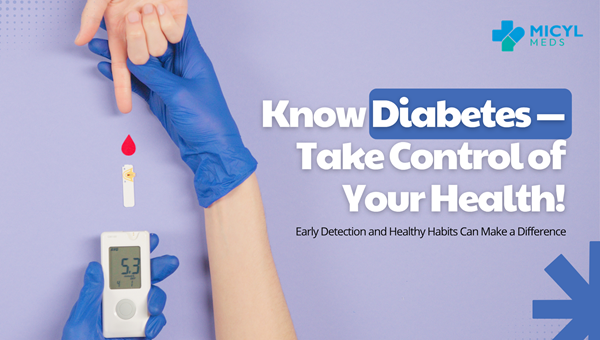Understanding the Thyroid: The Small Gland with a Big Impact
Oct 06, 2022
The thyroid gland might be small, but its role in your body is huge. Shaped like a butterfly and located in the front of your neck, this tiny gland controls important processes that keep your body running smoothly. Let’s dive into what the thyroid does, common problems, symptoms to watch for, and how to keep it healthy.
What Is the Thyroid Gland?
The thyroid is an endocrine gland, which means it produces hormones that travel through your bloodstream to regulate many functions in your body. The main hormones it produces are thyroxine (T4) and triiodothyronine (T3). These hormones affect your metabolism, heart rate, body temperature, and even brain development.
Why Is the Thyroid Important?
Thyroid hormones influence how your body uses energy. They affect:
-
Metabolism: The rate at which your body converts food into energy.
-
Heart Function: Regulating heartbeat and blood pressure.
-
Temperature Regulation: Helping your body stay warm or cool.
-
Growth and Development: Essential for brain and bone growth, especially in children.
Common Thyroid Disorders
When your thyroid produces too much or too little hormone, it can lead to health issues. The most common thyroid disorders include:
1. Hypothyroidism (Underactive Thyroid)
-
Causes: Often due to autoimmune diseases like Hashimoto’s thyroiditis or iodine deficiency.
-
Symptoms: Fatigue, weight gain, cold intolerance, dry skin, constipation, depression, and slowed heart rate.
-
Treatment: Usually managed with daily thyroid hormone replacement pills.
2. Hyperthyroidism (Overactive Thyroid)
-
Causes: Often caused by Graves’ disease or thyroid nodules.
-
Symptoms: Weight loss, rapid heartbeat, nervousness, sweating, heat intolerance, and irritability.
-
Treatment: Can include medications, radioactive iodine, or surgery.
3. Thyroid Nodules and Goiter
-
Nodules are lumps in the thyroid gland, usually benign but sometimes requiring further testing.
-
Goiter is an enlargement of the thyroid, which can cause a visible swelling in the neck.
How Is Thyroid Health Tested?
Doctors usually check thyroid function through a simple blood test that measures:
-
TSH (Thyroid Stimulating Hormone): The hormone that controls thyroid activity.
-
Free T4 and T3: The actual thyroid hormones circulating in the blood.
Imaging like ultrasound or biopsy might be done if nodules or other abnormalities are found.
Tips for Maintaining a Healthy Thyroid
-
Balanced Diet: Ensure adequate iodine intake through iodized salt, seafood, and dairy.
-
Regular Checkups: Especially if you have symptoms or family history of thyroid disease.
-
Manage Stress: Chronic stress can affect thyroid function.
-
Avoid Excessive Soy and Goitrogens: In large amounts, they might interfere with thyroid hormone production.
When to See a Doctor
If you experience symptoms like unexplained weight changes, persistent fatigue, changes in heart rate, or neck swelling, it’s a good idea to consult a healthcare provider. Early diagnosis and treatment can prevent complications.
Final Thoughts
Your thyroid might be small, but it plays a crucial role in your overall health and well-being. Understanding its function and recognizing signs of dysfunction can help you take control of your health. If you suspect any thyroid issues, don’t hesitate to seek medical advice.







